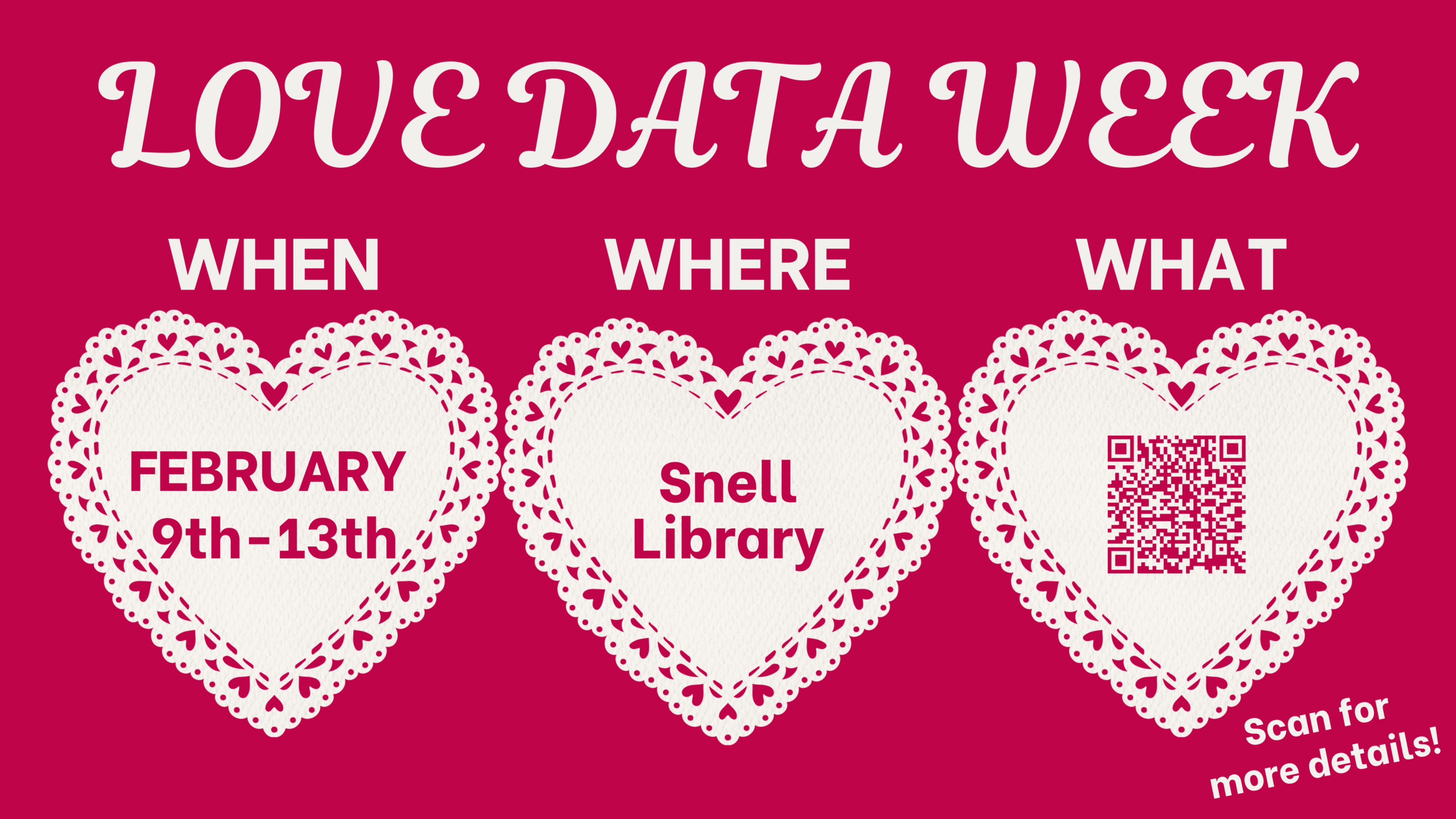We’re monitoring recent changes to policy and legislation that will likely impact the work of Northeastern University faculty, staff, and student researchers. Read on for a brief overview of three of these impending changes, in order of their expected implementation dates.
NIH (National Institutes of Health) Policy for Data Management and Sharing
What is it? The NIH’s new policy on data management and sharing aims to improve the reproducibility and reliability of NIH-funded work by broadening access to research uploads.
When will the changes take place? January 25, 2023
How might this impact researchers?
- DMSPs: All NIH proposals will require the submission of a data management and sharing plan (DMSP). Previously, only NIH proposals above a certain funding threshold required a DMSP.
- Data availability: Research data is expected to be made accessible “as soon as possible, and no later than the time of an associated publication, or the end of the award/support period, whichever comes first.” Further, the new policy strongly encourages the use of established repositories to share data.
- Costs: Reasonable costs related to data management and sharing may be included in NIH budget requests.
Additional resources:
CHIPS and Science Act
What is it? The CHIPS and Science Act is primarily related to semiconductor manufacturing and the STEM workforce pipeline, but also includes some open science directives.
When will the changes take place? One year following enactment (circa September 2023)
How might this impact researchers? Once the act takes effect, applications for National Science Foundation awards will be required to include machine-readable data management plans (DMPs). We do not anticipate that this will significantly impact researchers, as most DMPs are already machine-readable unless they include tables or charts. This requirement will enable more seamless information sharing between systems used by institutions and funders, ultimately reducing the paperwork burden for researchers.
Additional resource:
White House Office of Science & Technology Memorandum: Ensuring Free, Immediate, and Equitable Access to Federally Funded Research
What is it? OSTP’s new memorandum (aka the Nelson memo) builds upon OSTP’s 2013 Holdren memo. The new memo will make research funded by all U.S. government agencies immediately available to the public. This eliminates the current optional 1-year embargo period and applies to both publications and the data underlying peer-reviewed research. Under the new Nelson memo, the definition of publications is widened beyond articles to also apply to peer-reviewed book chapters and conference proceedings.
When will the changes take place? The Nelson memo will first impact funding agencies, which will be expected to fully implement their public access and data sharing plans by the end of 2025.
How might this impact researchers? Once the memo goes into effect, researchers and members of the public will benefit from broader, more immediate access to federally funded research results. The memo urges the use of persistent identifiers (PIDs) to unambiguously identify authors, affiliations, funders, and more, so this would be a great time to acquire and begin using an ORCID iD if you don’t already have one. The U.S. government has also signaled interest in examining current academic incentive structures to better recognize institutions and researchers for their support of public access to research.
Additional resources:
The library is working with campus partners, including Research Administration and Research Computing, to develop guidance and resources to assist researchers as they navigate these changes. As always, if you need assistance with a data management or data management and sharing plan, or if you’re searching for a secure, permanent home for your research outputs, we’re here to help!
